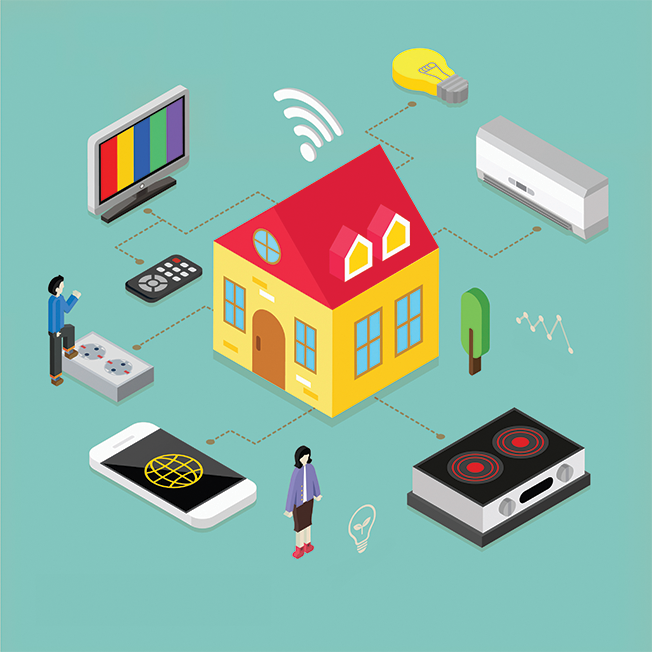Inspiration meets innovation at Brandweek, the ultimate marketing experience. Join industry luminaries, rising talent and strategic experts in Phoenix, Arizona this September 23–26 to assess challenges, develop solutions and create new pathways for growth. Register early to save.
CES has become the place for companies to showcase new, innovative and promising technology. And with the expo celebrating its 50th anniversary, it's more obvious than ever why the largest consumer electronics show in the world remains a must-attend event for forward-thinking advertisers.

Katie Kulik
A lot has changed since the first CES in New York, which showcased products from just 14 companies. Last year, it played host to nearly 4,000 exhibitors—with over 170,000 attendees getting a first look at new products and ideas.

WORK SMARTER - LEARN, GROW AND BE INSPIRED.
Subscribe today!
To Read the Full Story Become an Adweek+ Subscriber
Already a member? Sign in

